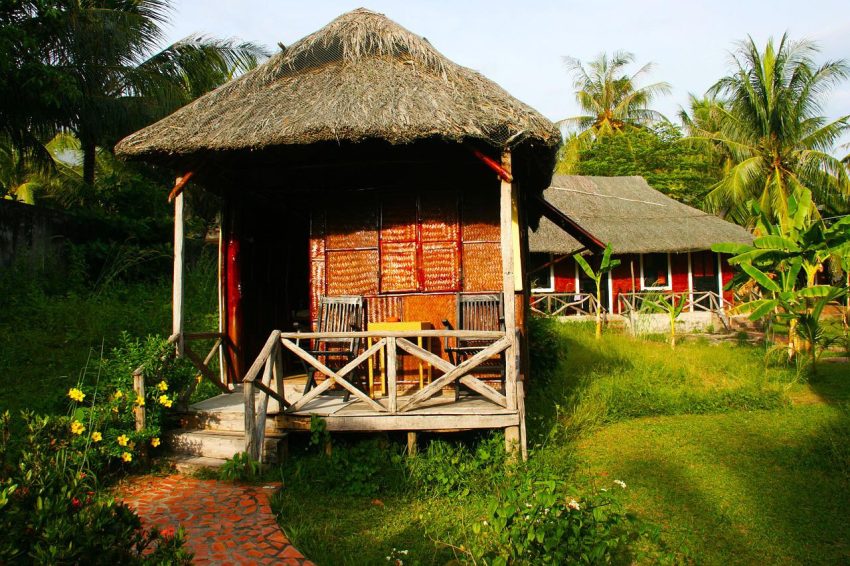Air conditioning has saved thousands of lives, writes Ben Lieberman for HumanProgress, but global emphasis on high-efficiency air conditioning is likely to keep its benefits from many developing countries. In some tropical regions fewer than 10 percent of the population have air conditioning. Lieberman writes:
“Despite the public health benefits of air conditioning, its expanded adoption is not universally accepted as good news. Critics focus primarily on the negative externalities of a more air-conditioned world, chiefly increases in electricity consumption and attendant greenhouse gas emissions.”
***
“Before air conditioning, mortality rates in much of the U.S. would rise appreciably with the summer temperatures, but this trend has largely been eliminated by the 90 percent market penetration of air conditioning in American residences. In the most comprehensive study of air conditioning and public health to date, “Adapting to Climate Change: The Remarkable Decline in the U.S. Temperature-Mortality Relationship over the Twentieth Century,” Barreca et al. found substantial mortality benefits, especially among the elderly. Under one set of assumptions, the study found that widespread air conditioning has prevented 18,000 heat-related deaths annually in the United States.”
However, says Lieberman, “[P]roponents of arbitrary efficiency mandates have demonstrated a cavalier attitude about affordability. For example, the Rocky Mountain Institute and others sponsored a contest, called the Global Cooling Prize, that rewarded the designers of new ultra-efficient systems that would ‘counter the climate threat from room air conditioners.’ The winning designs were estimated to have a purchase price two to three times higher than a conventional air conditioner.
In addition, international efforts to reduce hydrofluorocarbons (HFCs) in air conditioners are raising their price. (They contribute greenhouse gases as well, but only about 1.37 percent of all human-produced greenhouse gases.)

